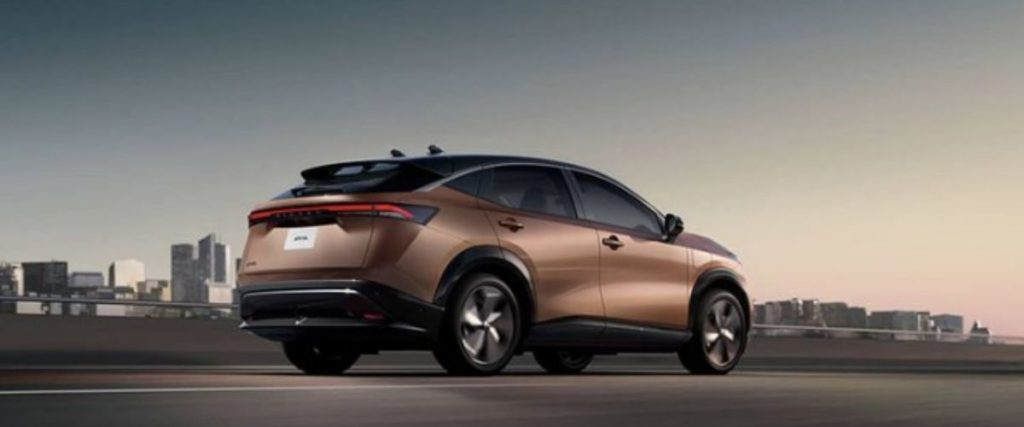Nissan is investing JP¥2 trillion (US$17.6 billion) over the next five years to expedite the roll out of its electric vehicle sector, due to higher demand for cleaner energy for personal cars.
Nissan‘s “Nissan Ambition 2030” plan was unveiled on November 29th, demonstrating the Japanese car company’s commitment to rolling out electric vehicles (EV) with long-term goals and investment strategies for developing batteries and ultimately, distributing EVs.
By the year 2026, Nissan strives to electrify over 55% of sales in Japan and 40% in China. By 2030, the company hopes to attribute 40% of sales to EVs in the United States and overall sales to be 50% electrified.
In addition, JP¥2 trillion more will be invested over the next 5 years in electrification for EVs and hybrids in the hopes of introducing 23 new electrified vehicles (15 of which will be EVs).
According to company president and CEO Makato Uchida, “Nissan is placing electrification at the centre of our strategy toward Nissan Ambition 2030.”
Despite Nissan’s early involvement in the EV industry with the Leaf car that launched in 2010, just 2% of the vehicles sold in the fiscal year through March 2021 were purely electric. The automobile goliath is now putting on the pressure to make up for lost time against its rivals.
Nissan is working on cobalt-free technology to cut costs on liquid lithium-ion batteries by over 65% by 2028 compared to the second-gen Leaf ones. In addition, the company aims to be carbon neutral by 2050.
Nissan’s chief operating officer Ashwani Gupta added, “The tipping point for EV adoption will be driven by the advancements in the electric platform, powertrains and battery technologies.”
“The key” to Nissan’s full electrification will be batteries – a stable supply must be secured via the company’s partners to achieve a production capacity of 130 gigawatt-hours globally by 2030.
All-solid-state batteries will be Nissan’s next-generation battery, which is projected to reach the market by 2028. Currently, the pilot battery is being produced at its research facility. These batteries are seen to be safer and more stable than lithium-ion batteries, which are more flammable.
According to Uchida, these batteries take two thirds less time to charge than current ones, which will subsequently lower battery costs to $65 per kilowatt-hour, allowing Nissan to achieve cost parity between EV and traditional cars to accelerate shift to electric. JP¥140 billion by 2026 has been invested in developing these batteries in-house.
In addition, Nissan will invest up to JP¥20 billion by 2026 to increase the number of charging spots, due to a lack of infrastructure being underscored as a potential barrier.
Following internal turmoil at Nissan, Uchida maintains a positive outlook, “We would like to shift gears from business transformation to creating the future. Nissan has come out of crisis and is once again standing on the starting line for the future.”
Featured banner image credit: @nissanariya
Related articles:
Japan’s ICOMA Develops Foldable Electric Motorcycle
6 Tech Trends Transforming the Automotive Industry
US Startup Partners with Tokyo-Based BRJ to Bring E-Scooters to Japan





